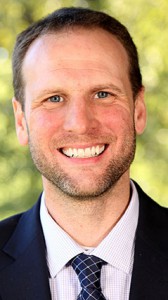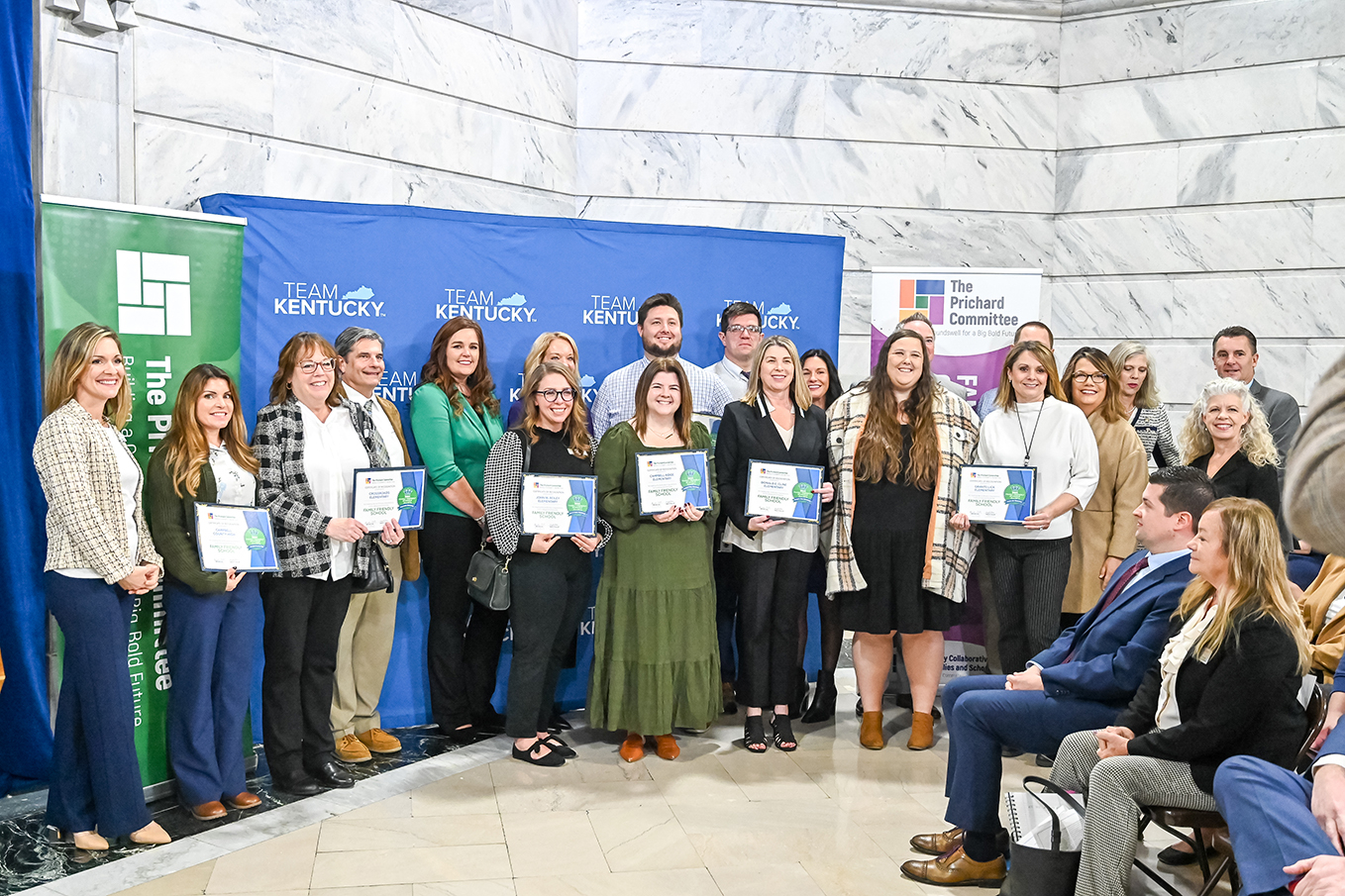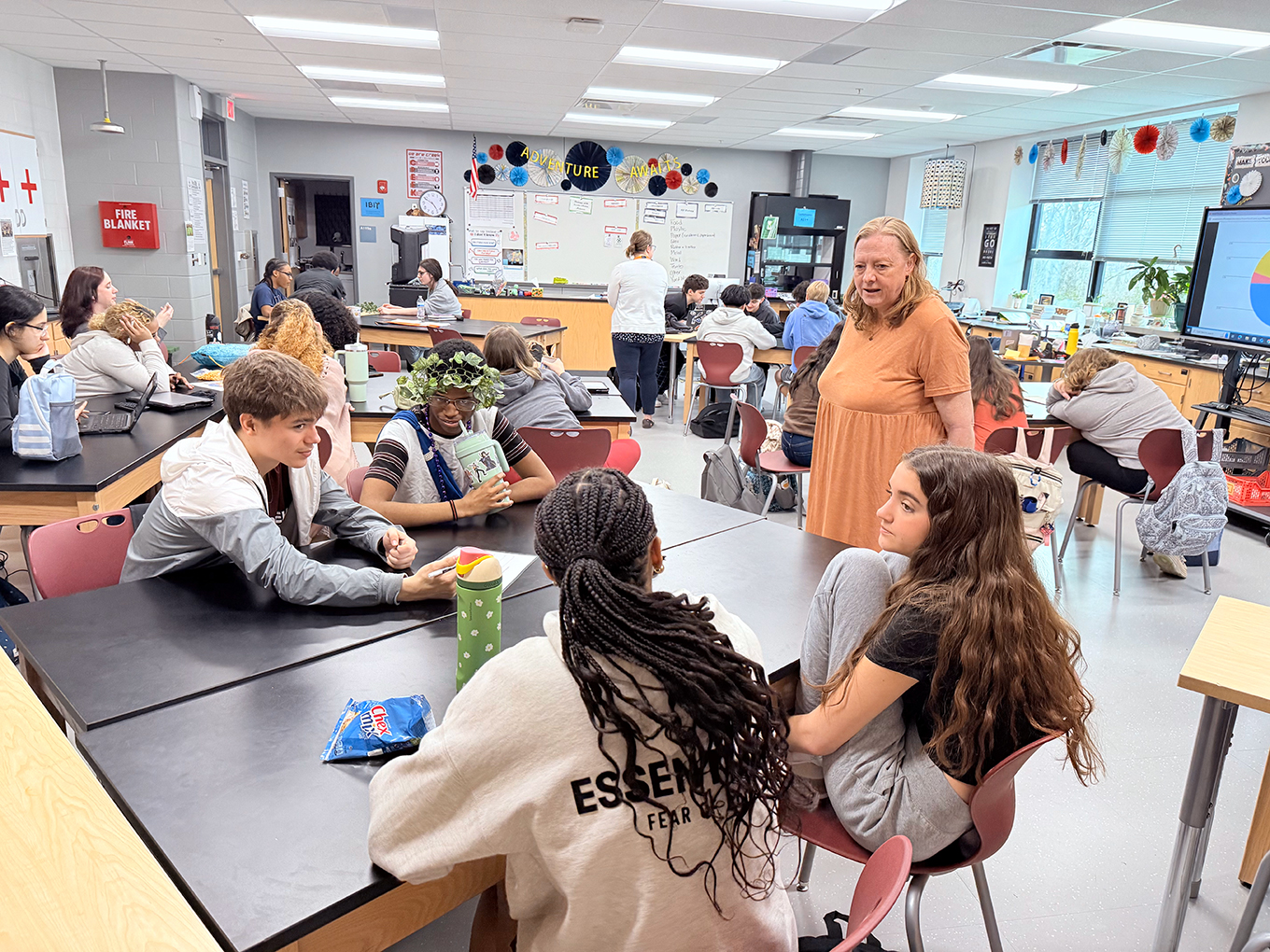
Joshua DeWar
By Joshua DeWar
joshua.dewar@jefferson.kyschools.us
The end of May will bring the end of an era. Our professional learning community (PLC) team – a group that has been together for four years – will change as one member of the group will move on to another assignment.
The three of us who teach 2nd grade have worked together for four years, all new to 2nd grade at the same time, though not all new to teaching. Looking back, I am reminded of why PLCs work and of all the things we have accomplished together as a PLC team. Most districts have gone to using PLCs and with good reason: PLCs work to improve staff and student achievement.
PLCs are one of the latest trends in education, and in my district, they have been fully embraced at all levels. They involve educators working collaboratively to achieve better results for the students they serve. PLCs operate under the assumption that the key to improved learning for students is continuous, job-embedded learning for educators.
Why do PLCs work? Our PLC has shown that, with our collaboration and on-going training, students achieve through shared lessons, feedback and assessment. We no longer have “my class” and “your class;” we see all students at our grade level as “ours.”
We teach the same lessons every day and every week in all four core subject areas. Our assessments are the same; our lessons are strong and written in collaboration. We also teach them at the same time each day. Students can talk with their peers at lunch or on the playground about the same lessons. That mutual excitement builds and their peer conversations take their learning further.
Common planning lessons also helps us as a team. When we began the process four years ago as a pilot PLC school, we just planned math together. Over time, that has grown to us doing the same English language arts lessons, as well as swapping ideas for writing and science. We even use the same 12-lesson economics unit in social studies now.
All of this collaboration has also led to another thing that makes us strong and more united as a team, something all 2nd-grade students see. We have built an enormous amount of trust in each other. When one of us says, “I’ll organize our science investigations for next week this weekend,” the other two know it will be done. It takes the pressure off of all of us.
We also take turns writing our weekly newsletter that is sent out to all 2nd-grade students. This way, we as individual teachers only write one newsletter every three weeks, but still have one to send home every Monday. The message is consistent across all of our classrooms. Because we all share the same lessons, the learning targets that we share with families in the newsletter can be the same and the student’s caregivers can be informed about what all kids are working on.
All 2nd-grade students know what is going on and what is expected of them. Because we are a united front academically, our behavioral expectations have become the same as well. If one student needs a break in another classroom to collect themselves because of behavior, it is not an issue. He or she can simply go to another 2nd-grade room and get the same instruction that they would in their homeroom class given our shared lessons and schedule.
I would be remiss if I did not add that our PLC works because of technology. We created a free shared storage account online to house all of our lesson plans and files. We all can access it and upload things as we need. We also share a texting account through an online provider that lets us send messages to all 2nd-grade families. When we as a grade level are taking a field trip, for example, one of us can send a text and it will reach the parents of all students to remind them of the upcoming event.
Was it easy to get to this point? No. Did it take a lot of hard work and communication? Yes. Looking back, however, every minute that we spent together was worth it. Every text shared meant increased student learning. We have proven what the research has shown: students learn more when their teachers work well together.
While many teachers see PLCs as “just one more meeting” or “one more thing to do,” I am a firm believer that PLCs work. We as a 2nd-grade team have shown that our group’s performance can (and often does) exceed that of the sum of us as individuals. PLCs are not just one more thing – they are the thing that can help students achieve their potential and allow teachers to feel more supported by each other.
My PLC team is changing. Am I worried? No. I know that, though a new era begins, the work that we will put into building our new group – of four next year – will be worth every second. I also know my students are worth it and the success we create for them will be worth every text, every Friday morning meeting and every common lesson we create.
Joshua DeWar is a native of Janesville, Wis. He has lived in the Louisville area since 2010. DeWar worked in higher education as a student affairs professional and administrator for nine years before moving to the K-5 classroom. He currently teaches 2nd grade at Engelhard Elementary (Jefferson County.) He holds a bachelor’s in French and elementary education from Ripon College, a master’s in college student personnel from Bowling Green State University, a master’s in teaching from the University of Louisville and a doctorate in educational administration and leadership from Marian University. He is serving as the 2016 Kentucky Elementary School Teacher of the Year.




Leave A Comment